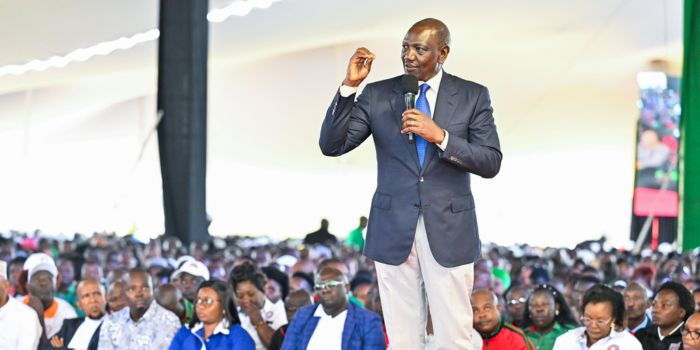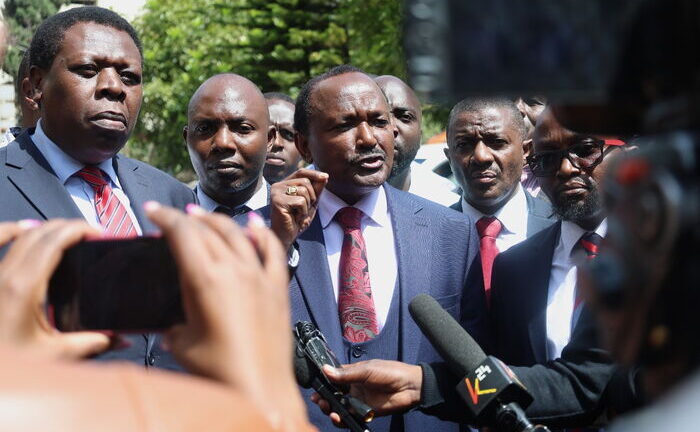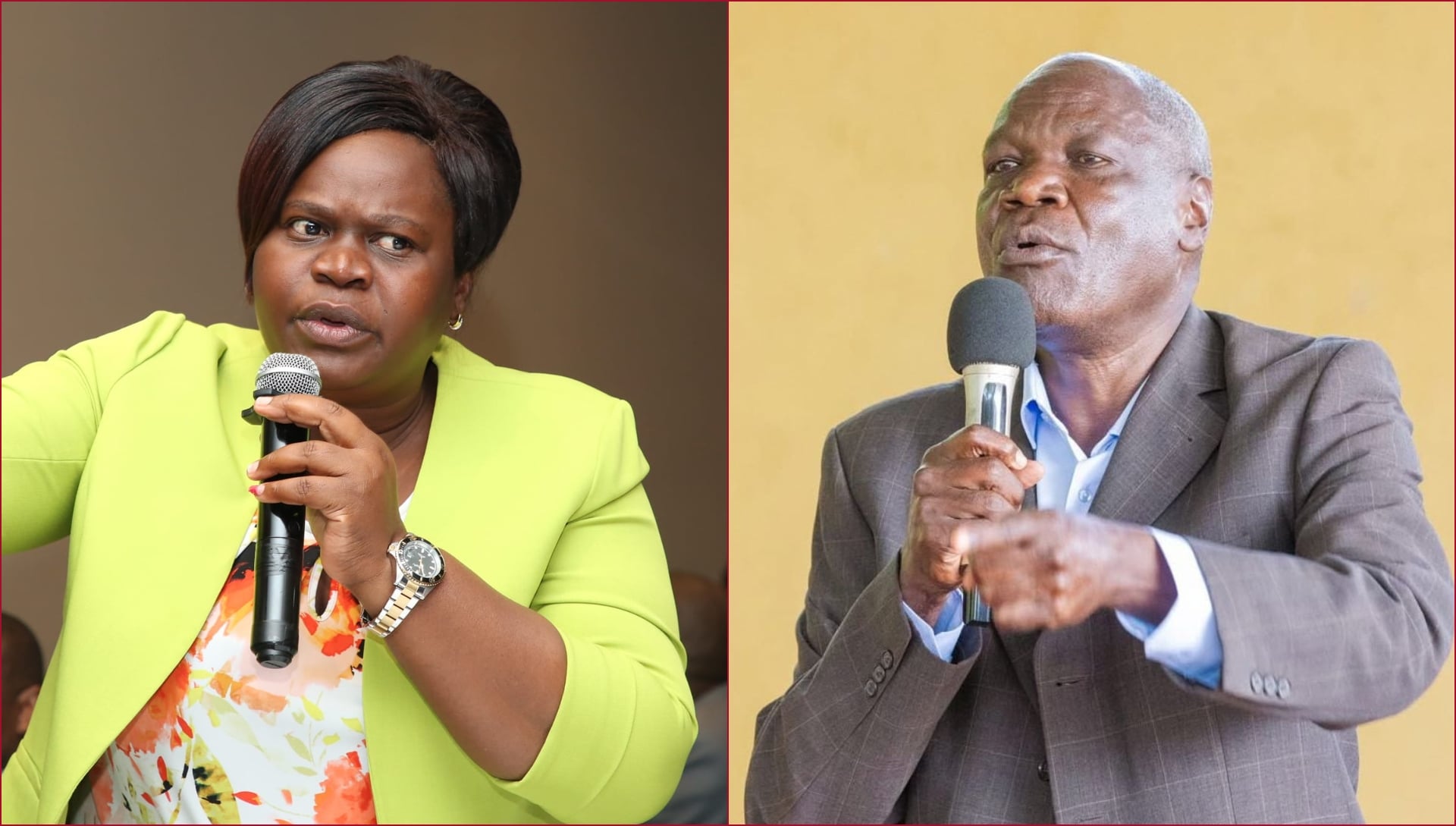
According to Omtatah, corruption has been disguised to appear as a ‘good crime’, allowing offenders to evade legal consequences.
“If I could decide, I would eliminate the term corruption and refer to it as theft. We have misnamed theft by public officials as corruption, which sounds more palatable. We must revert to the correct terminology and ensure everything labeled corruption is recognized as theft,” Omtatah clarified.
Omtatah believes that corrupt officials should not be referred to the Ethics and Anti-Corruption Commission (EACC), but rather should be treated by the police as thieves.

“Thieves should not be permitted to seek bonds and bails. They should be taken to a police lockup. Let them be processed as thieves,” Omtatah added.
Furthermore, Omtatah proposed that the nation establish specialized courts to handle such thieves, with prosecution and judgment occurring within a six-month timeframe.
The attorney, who has expressed his intentions to run for Kenya’s presidency in 2027, stated that the EACC lacks the constitutional authority to combat corruption.
“Examine the anti-corruption efforts; their role is to uphold the code of conduct. They possess no crime-fighting powers under the constitution. Our focus should be on the police,” Omtatah emphasized.
Corruption remains a widespread issue in Kenya, predominantly involving influential civil servants who frequently evade penalties.
Key stakeholders like the KNHCR have lamented the immunity of such corrupt officials, who evade repercussions only to be appointed to government positions, disregarding the corruption allegations.
For instance, the KNHCR highlighted the appointment of former Treasury Cabinet Secretary Henry Rotich after the anti-corruption court acquitted Rotich and eight others of fraud charges linked to the unsuccessful construction of two Ksh63 billion dams, Arror and Kimwarer.
Other corruption allegations that have been dropped without proper justification include those against former NHIF CEO Geoffrey Mwangi, CAKs Chairperson Wambui Mary, and Aisha Jumwa’s Ksh19 million graft case, to name a few.
Through this new initiative, Omtatah is championing greater accountability and decisive action.






